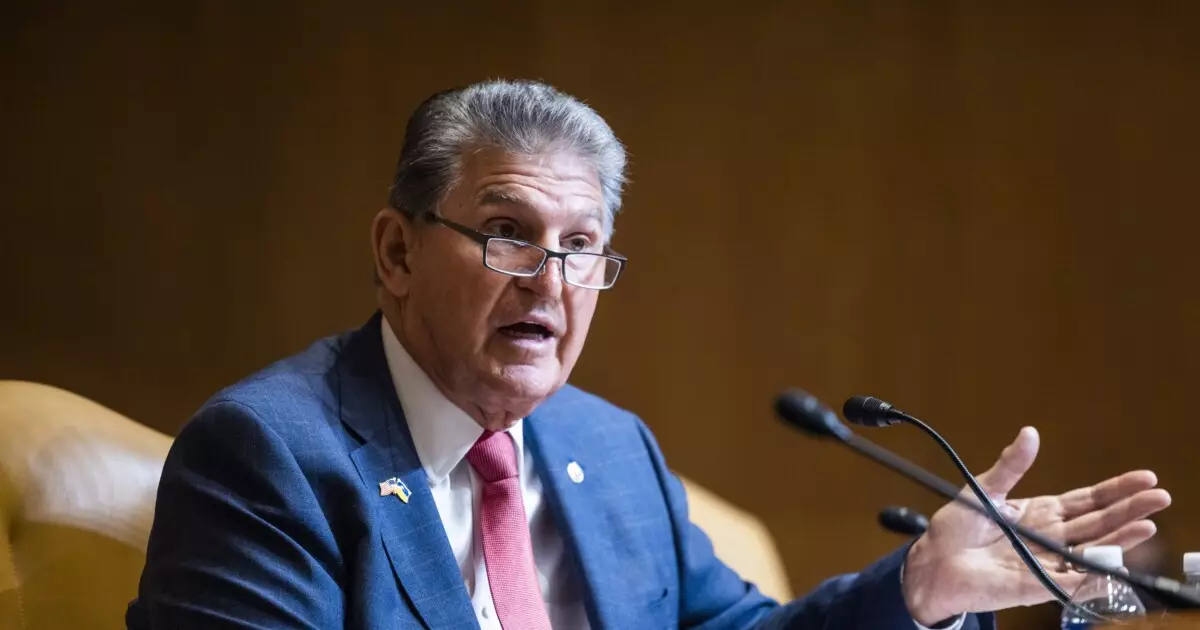President Biden’s recent efforts to revise environmental permitting rules in line with his climate and environmental justice goals have faced significant opposition from construction groups and Republicans. They argue that these changes will result in delays for crucial infrastructure projects and lead to increased costs. The administration’s final rule, aimed at revising the National Environmental Policy Act (NEPA), seeks to modernize and expedite the federal process while incorporating reforms from the 2023 Fiscal Responsibility Act. However, critics are concerned about the potential negative impacts of these revisions.
The new rule proposed by Biden’s administration is intended to streamline the permitting process for infrastructure projects starting environmental review on or after July 1. It includes faster deadlines, increased agency coordination, and the provision for project sponsors to sue if federal deadlines are not met. While these innovations could potentially accelerate project approvals, there are also new criteria that will require costly and time-consuming documentation. Attorney Larry Liebesman, an expert in NEPA law, points out that while there are efforts to speed up the process, the emphasis on documentation may actually drive up costs for projects.
In addition to streamlining the permitting process, the new rule places a heightened focus on climate and environmental justice considerations. It requires deeper analysis of climate change impacts, identification of solutions to mitigate these impacts, and encourages measures to avoid disproportionate effects on communities. Furthermore, agencies are now directed to consider environmental justice in their decision-making processes. Despite these positive changes, opposition has arisen from infrastructure construction groups, who believe that the regulations are overly burdensome and will lead to unnecessary delays and added expenses.
Response from Critics
The Associated Builders and Contractors and the American Road & Transportation Builders Association have both expressed concerns regarding the new regulations. They criticize the rules for being too complex and expanding environmental reviews rather than streamlining them. Even Senator Joe Manchin, who initially supported the reforms in the FRA, has voiced his opposition. He plans to lead a resolution of disapproval to overturn the revisions, arguing that they will hinder infrastructure development in the country. The debate continues between those advocating for environmental protections and those concerned about the practical implications of the new permitting rules.
President Biden’s efforts to revise environmental permitting rules as part of his environmental and climate agenda have sparked controversy and pushback from various stakeholders. While the aim is to accelerate project approvals and address climate change and environmental justice concerns, there are valid concerns about potential delays and increased costs. The conflict between regulatory reforms and infrastructure development highlights the challenges of balancing environmental protection with economic progress. As the debate unfolds, it remains to be seen how these new rules will shape the future of infrastructure development in the United States.

